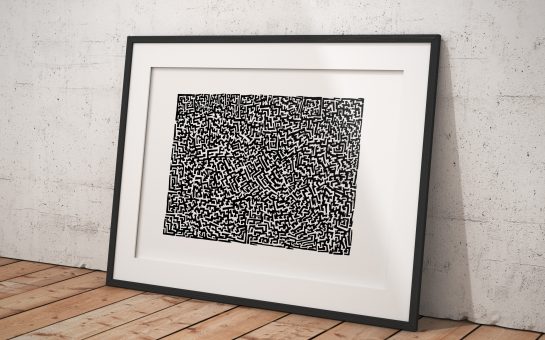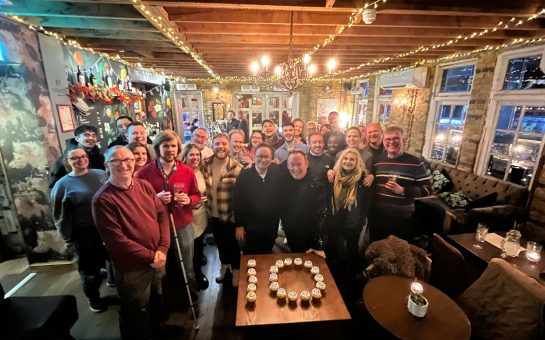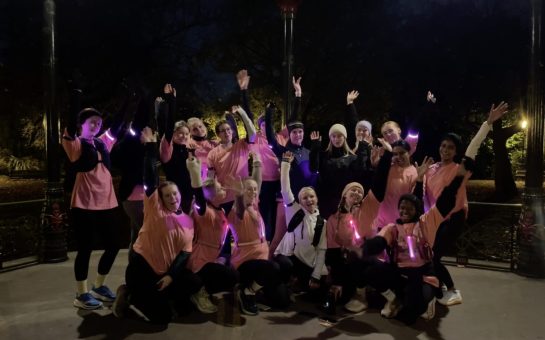New film Jawbone conveys the impact that boxing coaches can have on people who have hit rock bottom.
As a young boy, writer and star Johnny Harris found refuge in boxing legend Mick Carney’s Fitzroy Lodge Amateur Boxing Club – a place where troubled young people could turn their lives around, and the man to which this film pays tribute.
And his legacy also lives on at a Battersea-based charity, Carney’s Community, co-founded by youth worker George Turner.
“We use boxing as hook to engage people,” he said.
“It’s a good way to demonstrate masculinity in a positive way, and it’s good for controlling emotions.”
Carney’s Community offers ex-offenders, disadvantaged and excluded young people a way to get off the street and away from crime.
Through a combination of discipline, self-respect, skills and a family, Mr Turner, and head-coach Mark Reigate created a place where people could leave different gangs and do something positive.
“I was often asked how you get someone out of a gang, and the only way to get them out of a gang is to give them a different gang.
“Most people will look at boxing and say it’s a violent sport, and ask if we are encouraging them, but most of the people we work with know how to fight already.
“What they don’t know is how to control their emotions – boxing is all about controlling your emotions or controlling your opponent’s emotions – that’s why it’s such a useful tool for us to have.”
Training extends from allowing people to recognise that aggression is fine when controlled to offering unconditional support and long-term mentoring.
Before setting up Carney’s, Mr Turner was frustrated that the hours of youth work he was allocated with a young person would come to an end, and that wasn’t good enough.
“When I went out and got myself a job, and I came back and told my mum, she didn’t say ‘congratulations, we are now exiting you from the family’, she said ‘now your role is changing in the family and you now need to start contributing to the rent’.”
While no-one pays for the support they get from Carney’s they do have to something in return.
Once they have turned their lives around, they can help the next generation through either mentoring, helping with employment opportunities, or volunteering with Carney’s.
“You’re always part of that community and rather than us trying to push you out when you’re doing well, we change your role so you can be a big brother or father figure for the next generation that comes through.
“We struggle with funding because funders like to see exit routes, but we don’t provide exit routes – once you are part of Carney’s that’s it, you’re always part of Carney’s.”
Last year, a social enterprise called Carney’s Coaches was set up whereby ex-offenders and people with disabilities were trained to deliver boxing classes to members of the public.
The classes help to break down the barriers and allow the community to see how positively the young people are doing, and how polite and professional they are.
The aim is to help young people be the best they can be, rather than create competitive boxers.
“Some people chose to go on and compete which is brilliant – but our overall aim is to engage people.”
Continuing Mick Carney’s ideology of keeping the very difficult and competitive side of boxing separate from using the sport to help people, Carney’s is a satellite club which can filter those who do want to compete to Fitzroy Lodge or Earlsfield.
“We’ve had great successes where people who have gone from Carney’s up to Fitzroy and have become brilliant competitive boxers, others have come to Carney’s and stayed at Carney’s.”
Jawbone is in cinemas now, and more information on Carney’s Community can be found here: http://carneyscommunity.org/




